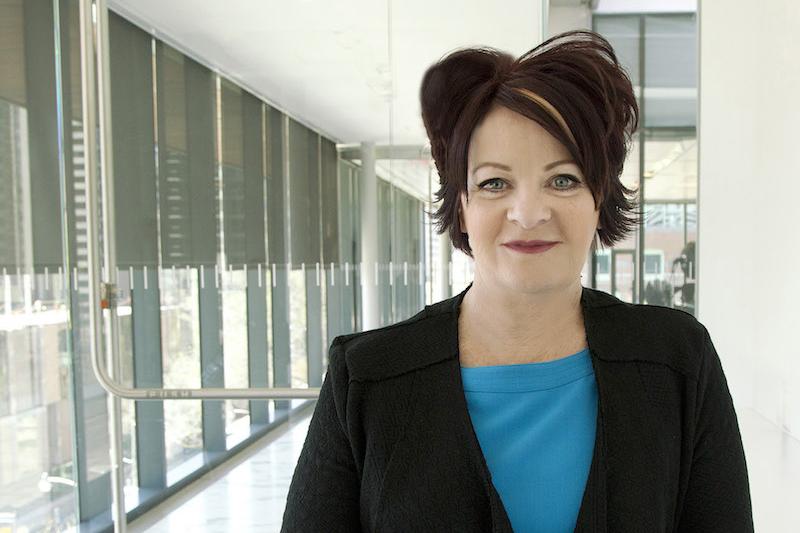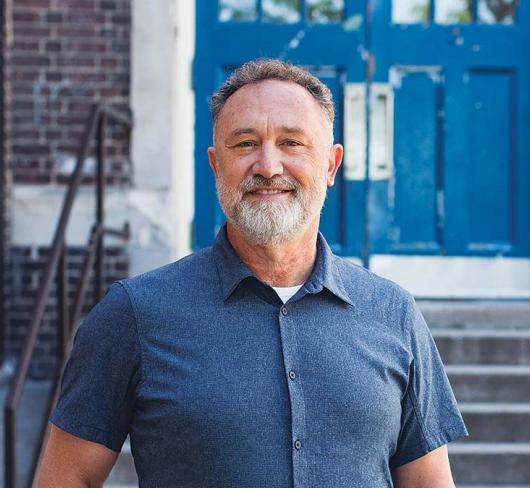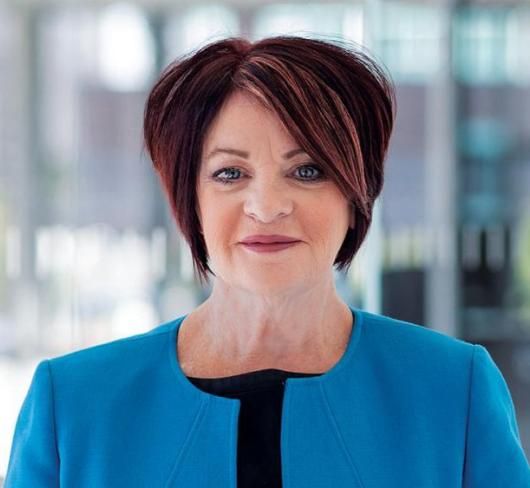
A Commitment to Fostering Women's Leadership
The women’s issue of Voice is one I feel particularly connected to. ETFO is a union committed to equity and social justice. This issue of the magazine reminds us of the work we do in our classrooms and communities every day for equity, and of the tremendous amount of work that has yet to be done. I am writing this column in the last days of the provincial election campaign; when you receive it, we will have a new government. Regardless of the election outcome, we must remember that our work and our commitment to equity and social justice make a difference in our classrooms and communities.
In April, a man named Alek Minassian murdered 10 people, mostly women, in an attack on a plaza in Toronto’s North York neighborhood. He belongs to a radical online community that encourages gender-based violence. Minutes before carrying out the attack, on his Facebook page, Minassian praised Elliot Rodger – a man who shot and killed six people in 2014 blaming all women for the fact he was a virgin and paying tribute to the misogynist “Incel Rebellion.”
Incel is an extreme case of gender-based violence, but it falls on a continuum. According to the Canadian Women’s Foundation, women in Canada live at greater risk than men of domestic violence, sexual assault and harassment. All women, but particularly those who are racialized, Indigenous or immigrant, persistently face a wage gap and are more likely to live in poverty. Although women make up half of the Canadian population, we continue to be underrepresented in professional, government and other leadership positions.
These issues are systemic. This means that discrimination is built into our very systems and institutions, that we reproduce them collectively and that they can only be changed through conscious effort and critical thinking.
In May, Ryerson University in Toronto held Canada’s first-ever White Privilege Conference. The issues raised in the conference are directly relevant to systems of oppression. In a Toronto Star interview one of the speakers, Rinaldo Walcott, says, “If we understand white privilege as embedded in the structures and institutions of society, then we can’t assume that everybody who benefits from it is actually engaged in racist practices. People are simply going about the ways in which they have been taught to live a life in this society.” He emphasizes the need for critical and conscious reflection, for putting practices in place that challenge these systems and for thinking critically about the ways we reproduce power whether it’s related to race, gender, ability or any of the other layers of our identities.
Every year, we receive questions about why we have funding dedicated to women’s programs. Our response is that these programs address the systemic roots of discrimination and create real change within our union, our schools and our communities.
As a union committed to equity, one that consists of 81 percent women, programs devoted to women’s leadership and learning are essential. The ETFO Constitution guarantees positions for women on the Executive (five of 14 positions), and funding (6% of ETFO’s annual budget) for programs for women.
ETFO’s women’s programs offer women courses, workshops, awards and publications. Funding is also available to establish provincial and local partnerships with, and support to, organizations and groups that advance the status of women and women’s issues in society.
As a union, we are leaders in developing social justice and equity-based curriculum, advocating for our students and their classrooms and creating programs that develop the leadership of women members. We are proud of how forward thinking our work has been and know how important it is that we continue to do it.
- Sharon O’Halloran

